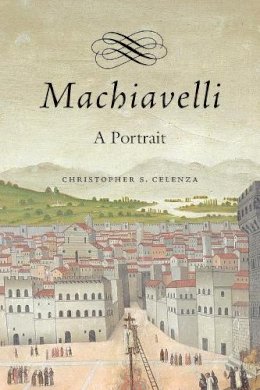
Machiavelli: A Portrait
Christopher S. Celenza
“Machiavellian”—used to describe the ruthless cunning of the power-obsessed and the pitiless—is never meant as a compliment. But the man whose name became shorthand for all that is ugly in politics was more engaging and nuanced than his reputation suggests. Christopher S. Celenza’s Machiavelli: A Portrait removes the varnish of centuries to reveal not only the hardnosed political philosopher but the skilled diplomat, learned commentator on ancient history, comic playwright, tireless letter writer, and thwarted lover.
Machiavelli’s hometown was the epicenter of the Italian Renaissance in the fifteenth century, a place of unparalleled artistic and intellectual attainments. But Florence ... Read more
Product Details
About Christopher S. Celenza
Reviews for Machiavelli: A Portrait
Steven Carroll
Sydney Morning Herald
Both readable and trustworthy.
Steve Donoghue
Open Letters Monthly
Demonstrates how Machiavelli’s thoughts on conflict and leadership are relevant to today’s political world.
L. B. Gimelli
... Read more
